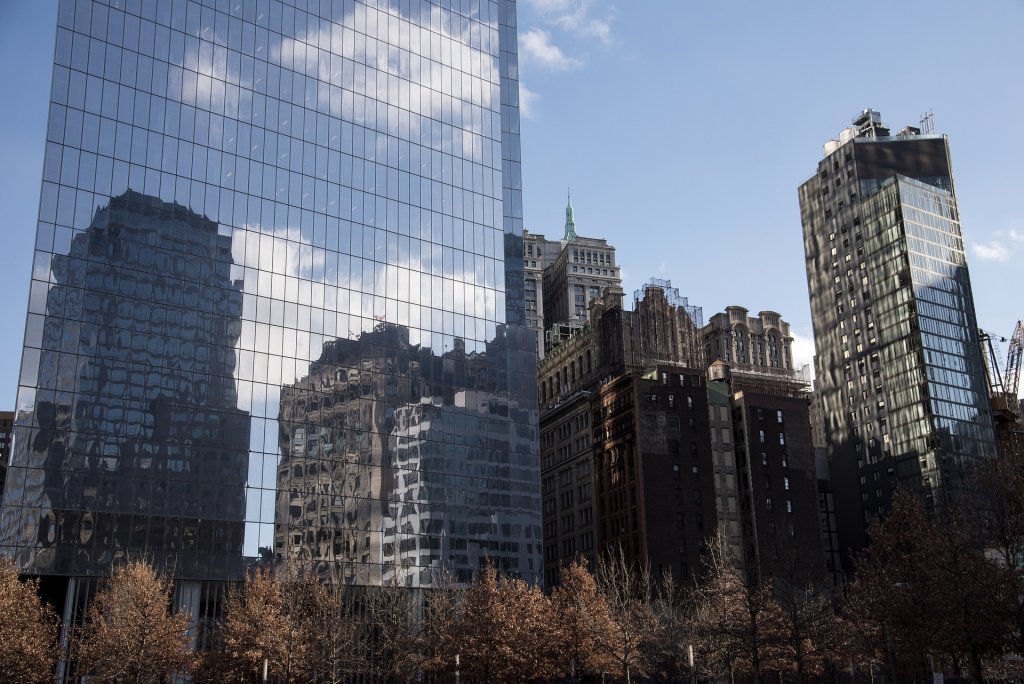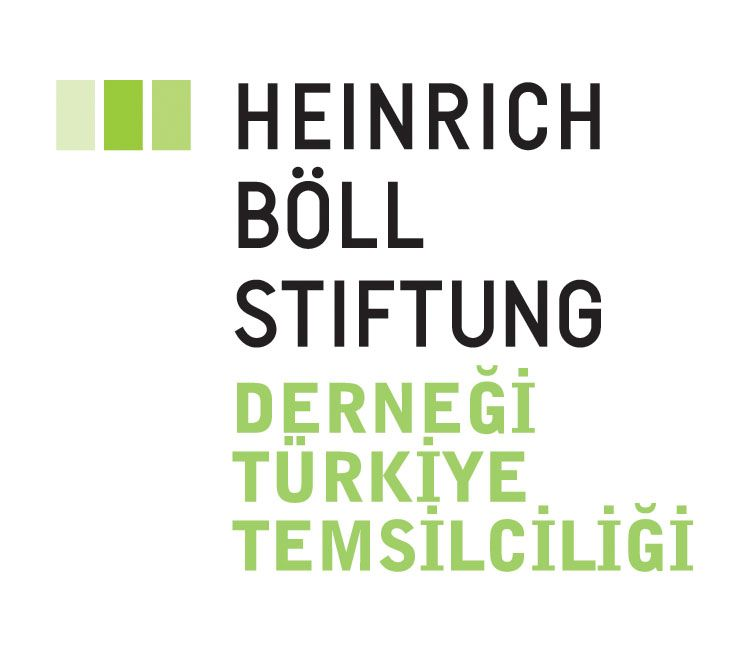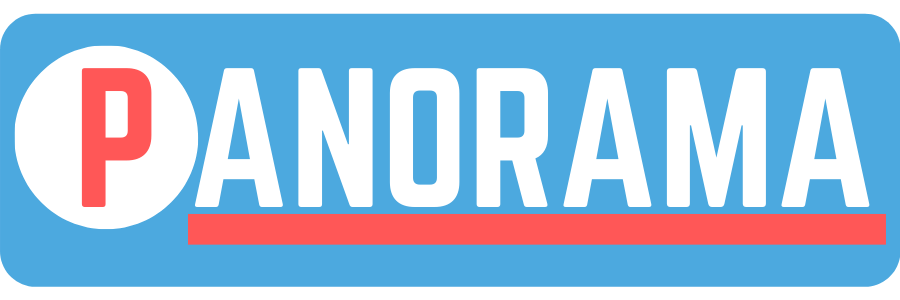
To discuss Türkiye’s place in the changing world order, one should clarify the term ‘world order.’ We call the body of institutions and rules devised by the victors of the Second World War and have been evolving since as the ‘World Order’. This order rests on three pillars:
i) The distribution of capabilities in the neo-realist sense (Or the structure of the international system);
ii) The architecture of international institutions formed around the United Nations (UN); and
iii) The international political economy structure formed around Bretton Woods institutions and rules.
The momentous developments witnessed in the ongoing Russia-Ukraine War show that this structure has completed its useful lifespan and is bound for change. Since an inquiry into the reasons and historical process of this change would require a narrative too lengthy for the scope of this article, here the existence of change will be treated as given, and the estimated trajectory of change in the international order and Türkiye’s place in this process will be discussed.
As a background for this discussion, one should note the following:
The early post-Cold War era was a period when the unipolar hegemony of the US emerged and dominated the other great powers in terms of capability distribution. In this period, the US and its allies could institute and implement the rules-based international system, resting on the three pillars mentioned above, without much resistance. As a result, the military interventions from the Gulf War to Bosnia were implemented with the legitimacy provided by the UN Security Council (UNSC) resolutions, and the Bretton Woods institutions embraced neoliberal globalization in the world economy within the framework of the Washington Consensus.
However, this US hegemony over the international system plunged into crisis with the attacks of September 11, 2001, and the US invasion of Iraq in 2003. The mishandling of Afghanistan and Iraq occupations under the banner of the “International War on Terror” has seriously reduced the ability of the United States to extend its political and economic model to the rest of the world through voluntary adoption. The reputation of the US as a benign hegemon, which had been the most critical feature of the unipolar moment of the 1990s, has been largely tarnished by developments after 2001.
Further, the 2008 financial crisis that accompanied this hegemonic crisis and the Great Recession it triggered reduced the ability of the US and its allies to impose governance over the world economy and clearly showed the harmful consequences of neoliberal deregulation, which constituted the basic infrastructure of globalization.
Another contribution of the Great Recession to the deepening crisis of hegemony was the defense spending cuts necessitated by government interventions to alleviate the recession. Because of this, the US significantly reduced the number of its troops and the scope of its military operations in the Middle East, especially in Iraq, where it owed its ongoing influence primarily to its permanent military presence and the military and economic support it provided to its local allies. As a result, during the Arab Spring, the US consented to overthrow pro-American autocratic regimes through the widespread opposition movements, which were more critical of the US rather than propping them up. The US also declared that she would be willing to work with the governments formed by these popular movements if they abide by specific criteria.
In parallel, where popular forces failed to overthrow anti-American autocratic regimes, the US and its allies shied from converting their military capabilities into power to support the overthrow of these regimes -even though from Libya to Syria, they increasingly faced the direct interventions of the Sino-Russian Axis and its local allies. This counterbalancing trend started in 2007 and was not limited to the Middle East: from Eastern Europe to Southeast Asia, the Sino-Russian axis (i.e., the “Eurasian Bloc”) and its local allies engaged in balancing acts against the US-Europe axis (the “Trans-Atlantic bloc”) and its regional allies. This new situation, in which the relative power differences between the US and other great powers have decreased in the international system, is conceptualized by experts as “loose multipolarity” or “Cold War 2.0”.
We can talk about three basic characteristics of Türkiye that determine its position in this changing international environment:
i) Türkiye is a middle power in the neorealist sense, occupying a critical geostrategic location at the intersection of Europe, Asia, and the Middle East;
ii) Türkiye is a country that has had unique relations with Russia since the establishment of the republic; and
iii) Türkiye is a NATO member and a candidate state with a customs union with the EU and has engaged in institutional military and political partnership with the US and the EU for more than 70 years.
These three characteristics pose many risks and opportunities for Türkiye in the current international conjecture. To elaborate:
As a middle power with high geostrategic rent, Türkiye has found an expanding room for maneuvering in this loose multipolar environment during the last 20 years. Türkiye has cooperated with Russia, especially after 2016, to benefit from this room of maneuver and gain more regional autonomy in its relations with the US and the EU. But as it jockeyed for a better position between the rival Trans-Atlantic and Eurasian blocs, Türkiye has also been mindful of its institutional belonging and fundamental commitments to the Trans-Atlantic bloc, the source of its primary collective defense guarantees. Thus, Türkiye has actively participated in local power struggles in vast geography from Syria to Libya, from Azerbaijan to Somalia, in line with its interests, increasing its effectiveness in the Middle East, the Mediterranean, the Balkans, and the Caucasus. In this process, Türkiye developed intricate relations with the great powers and their local allies involved in the same struggles and managed not to engage in direct conflict with any great power -despite occasional close calls, to which the crisis after the downing of a Russian warplane on the Syrian border in 2015 was the most probable example. Still, the conflict was avoided there as well. On the other hand, the ongoing Russia-Ukraine War constitutes the zenith of this middle power politics regarding the risks and opportunities it poses.
The Russia-Ukraine War is important for Türkiye for two reasons: first, among the crises so far, this war is the biggest challenge Türkiye has faced in maintaining its ongoing special relationship with Russia in tandem with its membership in the Western bloc. Secondly, this war marks the moment of disintegration of the post-World War II world order that has been in trouble since 2003. Aware that this order can no longer be restored, Türkiye should nevertheless act in a way that preserves its institutional gains (such as collective defense guarantees) arising from this order, especially in the short and medium term. In this context, the noticeable positive results of Türkiye’s maintenance of open communication channels with Russia have been visible since the first days of the war. On the other hand, Türkiye should continue to approach the Russia-Ukraine War without deviating from the general policy line of NATO since its collective defense guarantees, by and large, arise from its institutional membership in the Western alliance. These guarantees would be more critical against hot regional conflicts increasing in number and intensity as the world order continues to dissolve.
Türkiye’s current line can be pursued so long as the Russia-Ukraine war retains its present local and conventional character. However, in the event of escalation (either by the involvement of NATO allies or an escalation to the nuclear phase), Türkiye will/should make its choices in line with its Western bloc identity.
This brings us to the last point: Türkiye’s historical, deep-rooted, and institutional relations with the US and the EU. The first question that needs to be answered in the medium term is the direction of Türkiye’s domestic political preferences: rather than being a transactional partner, if Türkiye wants to be an ally in the Western bloc within the framework of shared political values (as was the case during the Cold War), then compliance with the internationally accepted rules of democracy, pluralism and market economy are the prerequisites for such an alliance. Another condition is the willingness to resolve bilateral disputes through international law and within the institutional frameworks of the Western bloc. Of course, this does not mean that Türkiye should ignore its cultural values and national interests. Still, it would be increasingly difficult for a country whose general orientation points to Shanghai rather than Brussels to stay in the Western bloc.
The second important question that needs to be answered is whether Türkiye’s bloc membership will be handled with the importance it deserves by its Western counterparts. Because ultimately, an alliance is only possible between two willing and able parties. Suppose the US and EU exclude Türkiye (whose critical importance for them in more than one region due to its geostrategic location and capabilities is obvious) from the institutional processes and guarantees of the Western bloc out of domestic political considerations. In that case, Türkiye will have to find its place in a new world order yet to be established. In this framework, a significant part of the choices that will determine Türkiye’s place in the ‘new’ world order, in the long run, will be made by Türkiye and the West.
As we approach the 100th anniversary of the republic, Türkiye is at a turning point in a turbulent international environment. For middle powers like Türkiye, such turning points involve great opportunities and risks. Suppose both Türkiye and its interlocutors make prudent choices. In that case, Türkiye can quickly achieve a politically pluralistic and democratic structure and grow sustainably economically by transcending the middle-income trap and inefficiency. Otherwise, a picture may emerge for Türkiye in which politics is increasingly arbitrary and authoritarian, and the economy suffers from ever-increasing inefficiency and income inequality.

Dr. Mehmet Ali Tuğtan, İstanbul Bilgi University
Dr. Faculty Member Mehmet Ali Tuğtan has been a faculty member at the Department of International Relations at Istanbul Bilgi University since 2008. He received his PhD degree from Boğaziçi University Political Science program in 2008. His areas of expertise are Turkish-American Relations, Current World Policy and Security Studies.
To cite this work: Mehmet Ali Tuğtan, ” Türkiye and the Changing World Order”, Panorama, Online, 23 December 2022, https://www.uikpanorama.com/blog/2022/12/23/mat/

This article has been prepared with the support provided to the International Relations Council and the Global Academy by the Heinrich Böll Stiftung Association Turkey Representative within the scope of the project titled ‘Foreign Policy for the 21st Century; Peaceful, Equitable, and Dynamic Turkey’.
Copyright@UIKPanorama. All on-line and print rights reserved. Opinions expressed in works published by the Panorama belongs to the authors alone unless otherwise stated, and do not imply endorsement by the IRCT, Global Academy, or the Editors/Editorial Board of Panorama.



